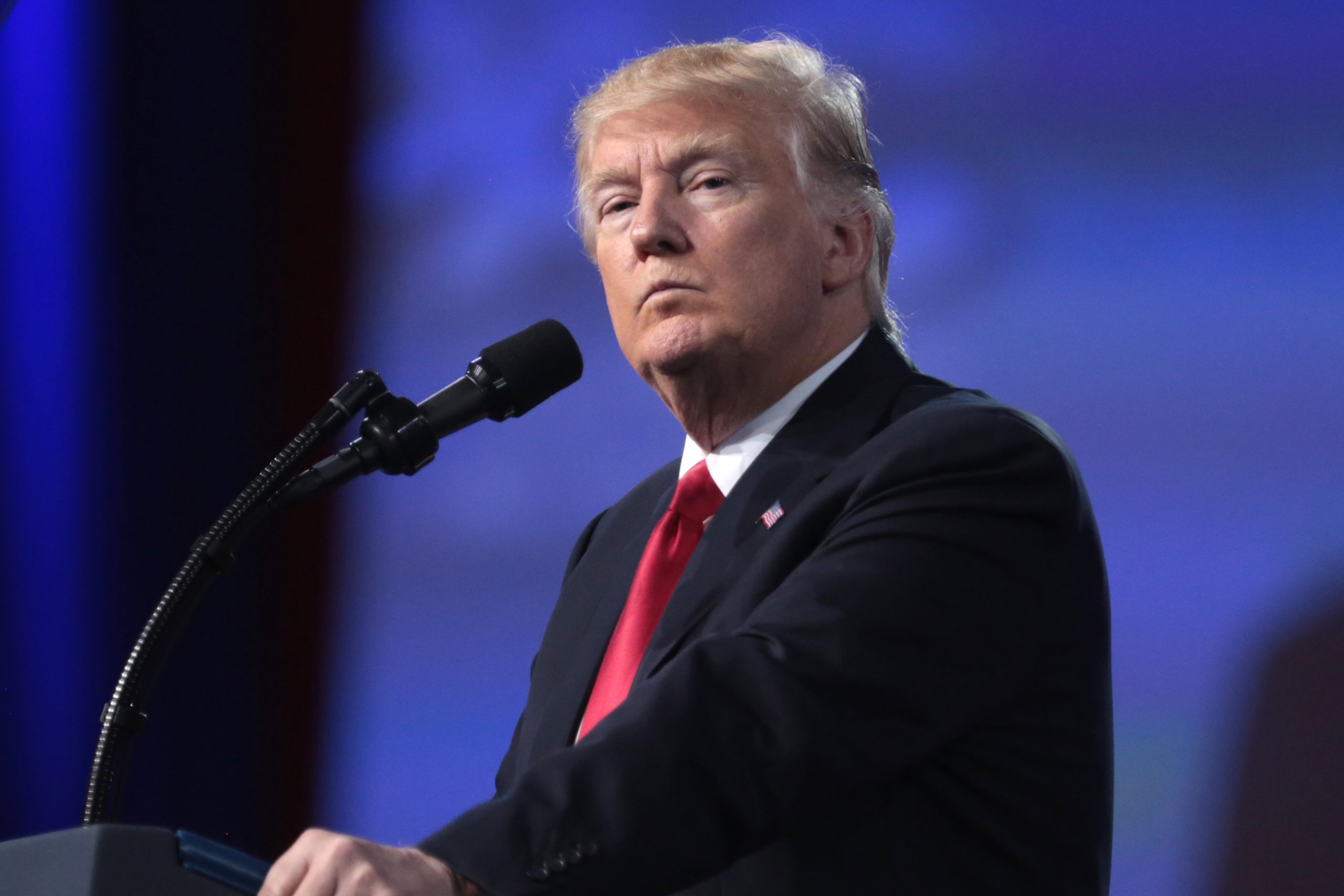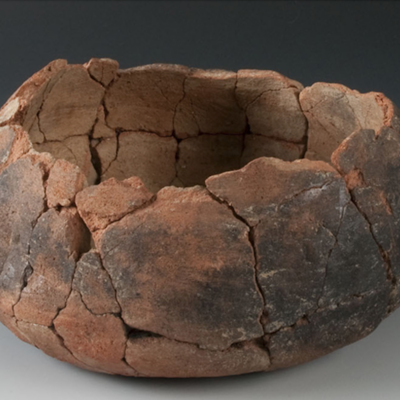At the tail end of March, Donald J. Trump became the first U.S. president to be indicted for an alleged criminal offense.
The historic news dropped late on a Thursday afternoon. But over at the University of Virginia Center for Politics, J. Miles Coleman was thinking, “Okay, they couldn’t have waited until Monday?”
Trump’s indictment, both in its dramatic leadup and after its bombshell delivery by the vote of a grand jury, has exploded American politics. It torpedoed Florida Gov. Ron DeSantis’ gains on Trump in primary polls, and made a martyr of the former president that has boosted his popularity among Republican voters. “I think this whole episode shows that [Trump] is very well in his prime,” says Coleman, “at least in terms of driving a media narrative.”
The indictment is the latest development in a years-long investigation by the Manhattan district attorney’s office into hush money allegedly paid to porn star Stormy Daniels, who claims she had an affair with the former president in 2006. To squash a potential tabloid story about this, Trump’s then-lawyer Michael Cohen sent money to Daniels in 2016, which landed Cohen in prison for three years. Cohen said Trump directed him to write the check, and Trump’s reimbursement for his lawyer’s “legal fees” is what prosecutors believe amounts to a falsification of business records—a misdemeanor in New York.
Despite the scandalous nature of this case, Trump has rode this wave of renewed national attention to reclaim the political spotlight. Coleman points to a recent Quinnipiac poll that found that, while the majority of Americans believe criminal charges should bar Trump from running in 2024, 75 percent of Republicans believe that Trump’s charges shouldn’t disqualify him from a shot at a second term. A late-March Fox News poll also showed Trump leading DeSantis by 30 percent among Republican primary voters, up from 15 percent in February.
It’s clear that the spectacle of Trump’s indictment has been a boon for the former president, but that leaves his challengers in a tough spot.
“Those other competitors have to walk this real fine line where if they’re too critical of Trump, they’re gonna have those big names in Trump world say, ‘He’s rooting against us just like the Democrats are.’ Where if you hug Trump too tightly, then it’s like, ‘Well, if he’s so great, why would we want you instead?’” says Coleman. “It’s almost like the Republican candidates haven’t really learned much since 2016.”
Coleman doesn’t consider the New York case to be as serious as Trump’s other case in Georgia—which alleges the former president participated in election interference in 2020. But if Trump shrugs off his charges in Manhattan, that could further secure support for his ’24 run.
“Let’s say we go through with this [case] … and he ends up being acquitted,” he says. “It’s kind of like after his first and second impeachments, where at every rally he’d talk about how he was right and how he was vindicated. That’s something I could see him running with if he’s cleared of this.”






